
A planned extension to bylaws restricting wild camping in Loch Lomond and the Trossachs National Park to reduce anti social behaviour has come in for a savaging from several influential figures. But the soon-to-be chief executive of the park authority has now hit back with a robust defence. It seems to have got a little personal.
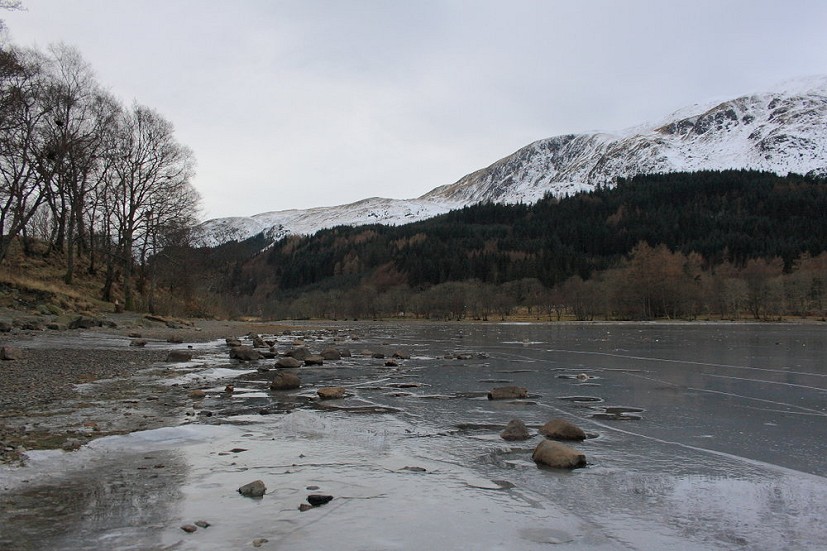
According to the park authority there's a 'growing body of evidence' that the natural beauty and economy of the park is being severely damaged by over-use of its most popular loch shores for informal camping of the boozing and barbecues variety. The problems range from litter and fire damage to summer-long caravan encampments in laybys and the abandonment of entire campsites, tents and all - to say nothing of drunken antics, live trees being cut for firewood and people crapping all over the place.
A seasonal camping ban which has been in place for several years on the east shore of Loch Lomond has largely solved such issues here, with an 81% drop in anti social behaviour crimes in the area according to police figures. But critics suggest that the problems have merely been displaced elsewhere.
Nevertheless the park authority has proposed a roll-out of anti-camping bylaws to several other key sites in the park, largely the more accessible loch shores - less than 5% of the park area - that have been visibly suffering from poor behaviour. A consultation, ‘Your Park’, which proposes the bylaws as part of a package of camping-related measures, comes to an end today.
Some prominent figures have already spoken out publicly. A camping ban would be a blunt instrument, they argue, undermining Scotland's access legislation and punishing well behaved backpackers as much as the lager louts.
'I reluctantly supported the original bylaws on the basis that East Loch Lomond was a 'special case' and on the promise that the bylaws would be a temporary solution' said backpacker and outdoor broadcaster Cameron McNeish in a recent blog.
'However, there are many indications that the East Loch Lomond bylaws have had the effect of displacing the offenders to other areas of the Park and even beyond. There have been press reports of similar problems of litter and vandalism in Glen Etive and near Braemar in Aberdeenshire. And that means that solutions are necessary for the whole of Scotland, and not just in the National Park.'
Former chief inspector of the area, Kevin Findlater, who oversaw policing of Loch Lomond until 2013 and has advised the park and government on access and environmental crime, waded into the debate with a recent submission to the park authority.
The proposed bylaws are 'wholly wrong', 'badly crafted' and 'cynical' he is reported as saying by yesterday's Sunday Herald. They are 'wholly unnecessary, draconian and drive a coach and horses through the right to roam so valued in all of Scotland' he goes on, effectively criminalising people 'innocently accessing the countryside'.
'To make matters worse, despite assurances given to the contrary, the new proposals grossly and unfairly extend the scope and geography of the bylaws in a way that must raise questions as to what are the real motivations.'
'It is likely that I have more years experience than most other present and past police officers within the wider Trossachs,' he says. 'I can emphatically say these are powers I would neither want nor benefit from.'
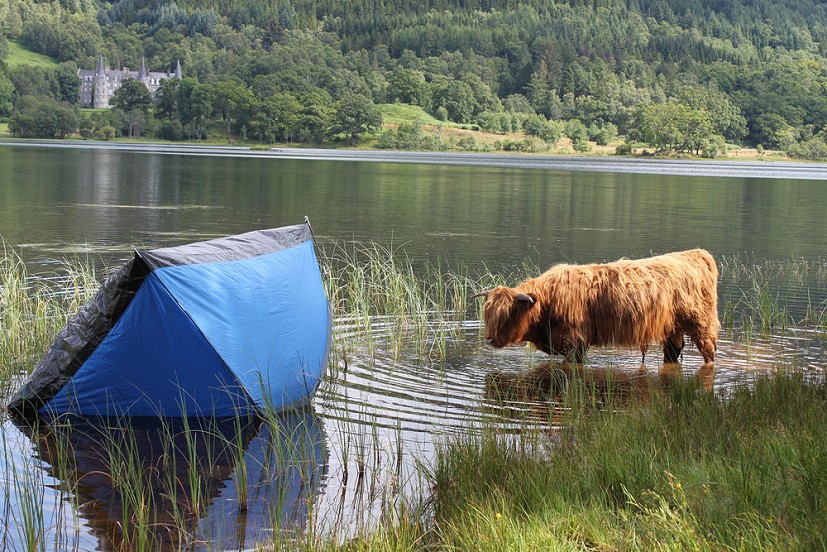
But in a blog Gordon Watson, who'll become chief executive of Loch Lomond and the Trossachs National Park Authority next week, has strongly hit back at the critics.
Speaking of Cameron McNeish, he says: 'It is disappointing to see well respected figures make assertions which misrepresent intentions or the facts on the ground.'
'Likewise, it’s particularly saddening to see comments from an ex-colleague who was so closely involved in the work to transform east Loch Lomond. Kevin Findlater led Operation Ironworks for Central Scotland Police when we introduced the East Loch Lomond byelaws in 2011.'
'Much like the situation with the respected outdoors writer and broadcaster, Cameron McNeish, my concern about what Kevin Findlater is now saying is not his views on the Your Park proposals – that’s what the consultation period is for – but rather that he is querying the validity and source of evidence that confirms the 81% drop in antisocial behaviour crimes in the [east Loch Lomond] area... Not only did those figures come from (what is now) Police Scotland but Kevin shared that very statistic in a letter he sent to community organisations in the area in 2012. He simply cannot rewrite history, and this turnaround in his views is nothing more than that.'
Kevin Findlater's views are not shared by Police Scotland, Gordon Watson points out, who have issued a statement broadly supportive of the bylaw extension.
Meanwhile, critics who are now calling for a nationwide discussion of the anti social camping issue have, he suggests, failed to participate fully in the park's own consultation.
Instead of waiting for the far-off outcome of a countrywide debate, Wason argues for an immediate local solution to a particular problem. The National Park is a special case, he thinks.
'Nowhere else in Scotland experiences the intensity of the visitor pressure that occurs in Loch Lomond and The Trossachs' he says.
'A key reason that this outstanding part of the country was given byelaw-making powers under the National Parks (Scotland) Act 2000 was that they were seen as required tools to deal with these pressures. It’s staggering then that the very supporters of National Parks are so reluctant to see those powers used to solve well-evidenced problems that are destroying what we are supposed to be protecting and enjoying.'
'At the heart of the Your Park proposals is the desire to encourage a wide range of access, which is currently prevented by high volumes of inconsiderate and excessive camping along our more accessible loch shores.'
The right of access for campers should be balanced against the needs of other users and residents, he suggests.
'...to see such fierce arguments made about the rights of one recreational group (campers) without considering the rights and needs of other visitors and recreation activities is a very narrow perspective. Such commentators also seem content to down-play the significance of the damage to the environment and impacts on residents and the millions of people who visit this special area.'
'The many residents and visitors affected by these problems are impatient for action and rightly expect us to come up with effective solutions. We need to move forward with the right tailored local solutions, not have a national debate.'
Gordon Watson concludes by stating:
'Far from being cynical or shameful, it’s our daily duty, and honour, to take care of this special place, and the proposals we’ve made in Your Park, have at their heart the best interests of the Park and the people who cherish and enjoy it.'
'We welcome and will consider all responses fully and carefully in making our final recommendations to our Board who, in turn, will advise Scottish Government.'
- The public have until midnight tonight to make their views known in the Your Park consultation


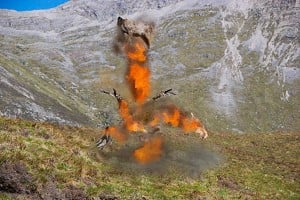

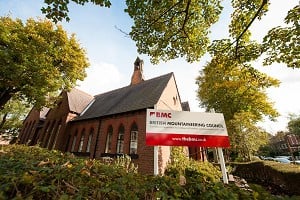

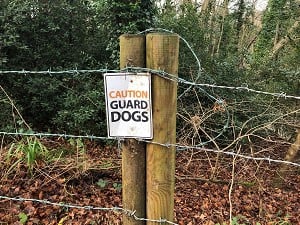
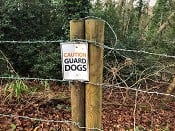
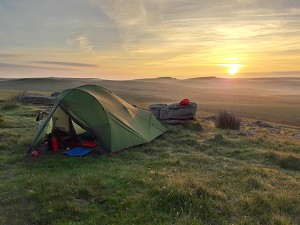
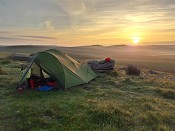
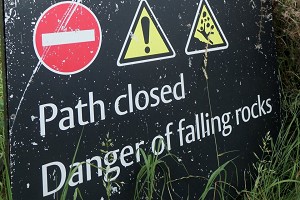
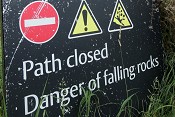
Comments